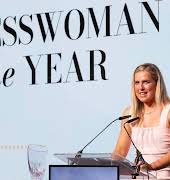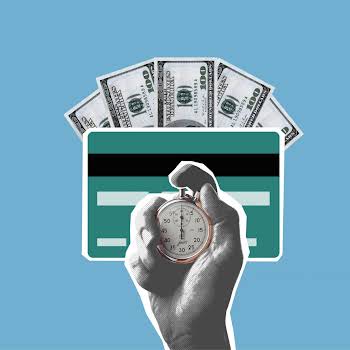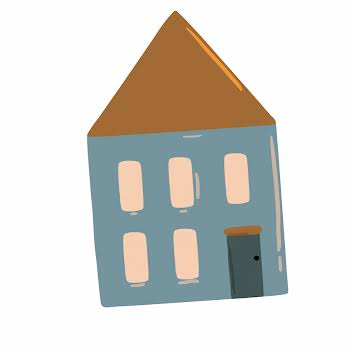
By IMAGE
17th Sep 2018
17th Sep 2018
Sponsored By

You would be forgiven for feeling like the language used around mortgages is confusing, and the terms used can be especially scary when you are applying for your first time. There’s a lot to understand, and even more to decipher.
Do you know what a fixed rate mortgage is? Or what gazumping means? Spoiler alert: this is not as fun as it sounds.
But don’t worry because when it comes to mortgages, there’s no such thing as a stupid question.
To help bust some mortgage jargon, here’s a glossary of terms for first-time buyers who don’t know their stamp duties from their standard variable rates.
READ MORE: Buyer beware: red flags to look out for when househunting
Fixed rate
A fixed rate mortgage is a mortgage where the interest rate stays the same for an agreed period. The maximum length of time in Ireland an interest rate can be fixed for is ten years. With their new First Five Mortgage for first-time buyers, Ulster Bank have Ireland’s lowest two year fixed rate mortgage on the market.*
Gazumping
To be “gazumped” is the spine-chilling moment when someone offers a price but the seller accepts a larger offer from another potential buyer. “Gazumping” can also mean when the asking price is raised at a late stage after you had orally agreed to a lower price. Told you it wasn’t as fun as it sounds.
Joint applications
When two people apply for a mortgage together, their incomes and financial assets carried in individual names are combined, so you hold property ownership rights equally.
Monthly Repayment
This is the amount you’ll pay to your lender each month for your mortgage.
READ MORE: Eleven lessons I learned when buying my first house
Mortgage Term
This is the amount of time you will be repaying your mortgage for. At Ulster Bank, the minimum term is five years and for residential mortgages, the maximum term is 35 years.
Negative Equity
Does the term “negative equity” make you panic and think of the recession? Certainly, it’s not an ideal situation. Negative equity is when the market value of your house is less than the amount you still owe on your mortgage. Meaning even if you sold your house, you would still owe money to your mortgage lender. Buy for the future, not to sell in three years.
Overpaying
Your lender will calculate how much your monthly repayments should be to make sure your mortgage is paid off by the end of the term. Mortgage overpayments are when you pay more towards your mortgage than the amount originally set. This can save you interest and help you pay off your mortgage sooner though there are limits to the amount you can overpay.
READ MORE: Top tips to know before applying for your first mortgage
Stamp duty
When you buy a property, you pay a tax on the value of it – 1% on residential property under €1 million and 2% on the excess.
Standard Variable Rate
Standard Variable Rate (SVR) is the default interest rate your mortgage lender will charge you after your deal ends and is linked to the European Central Bank’s base rate.
Valuation
Mortgage lenders will need a valuation on your new property to ensure it is worth the amount you will want to borrow. With Ulster Bank’s First Five Mortgage for first-time buyers, they offer their customers a free valuation on the home you’re buying.**
*Lowest rate claim source Bonkers.ie 29/06/2018. Maximum loan to value is 90%. Security and insurance required. Product fees may apply. Over 18s only and properties in the Republic of Ireland only. Lending criteria, terms and conditions apply. Credit facilities subject to repayment capacity and financial status. Loan to income criteria applies.
**One free valuation per new mortgage customer. A valuer will be nominated for you from Ulster Bank’s valuation panel.



Ulster Bank Ireland DAC is regulated by the Central Bank of Ireland. For more information on Ulster Bank’s First Five Mortgage, check out ulsterbank.ie.






















